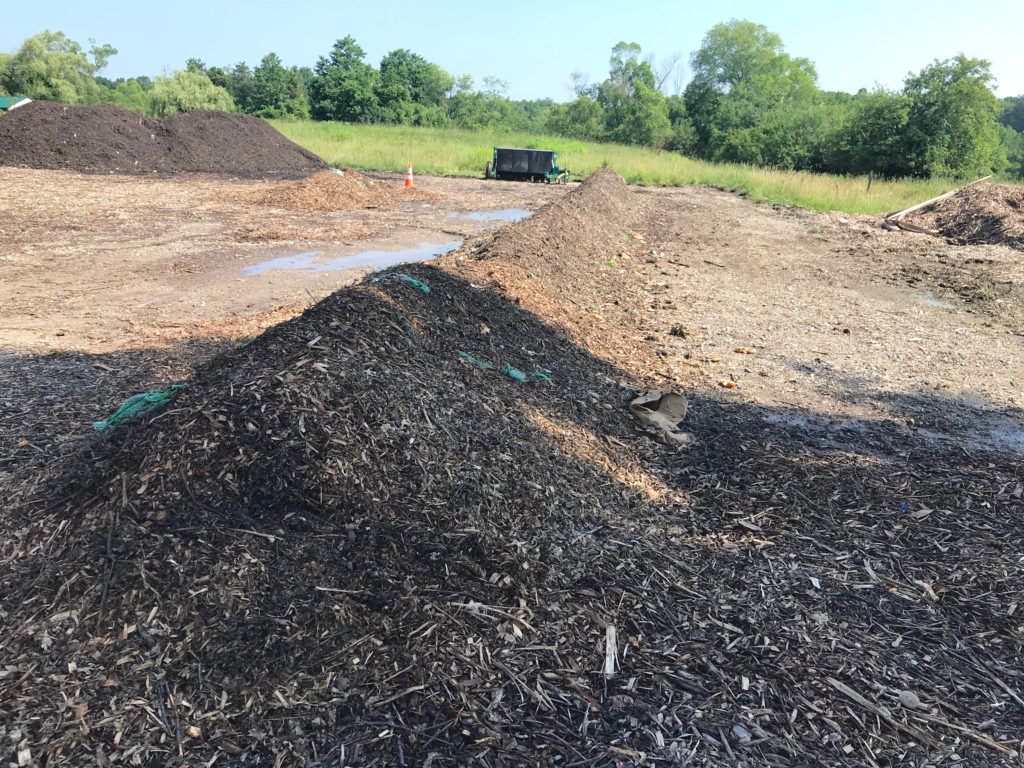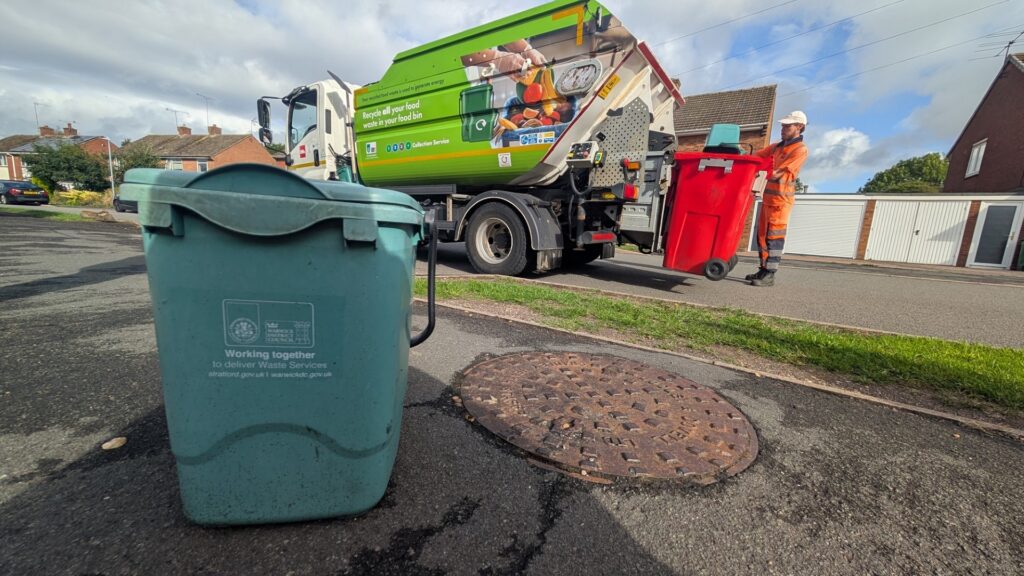In the document, the party said that the move to a 'zero waste Britain' was one of five key areas, alongside the likes of green job creation and increasing low-carbon electricity generation, where it would take action to ensure the next stage of national renewal, which it dubbed the “green recovery”.

And, attacking the Conservatives' environment policy, it added: “For the Tories the environment has been all about image – by failing to deliver on our renewable energy targets, reversing our planning reforms and giving up our new industrial strategy, they would put Labour's low-carbon revolution in jeopardy.”
Recycling rate
The manifesto highlighted the increase in the country's municipal waste recycling rate since Labour came to office in 1997, from 9% to 37%, and claimed the party had made it “far easier” for everyone to recycle.
“Next we will drive the introduction of 'recycling on the go', with separated public bins on the street and in shopping centres,” it added.
The current government has already looked to take action to promote 'on the go' recycling, with Defra consulting on the subject in 2007/08, and its delivery body the Waste and Resources Action Programme being involved in the 'Recycle Zone' initiative, launched in May 2008, which aimed to make it easier to recycle in public places (see letsrecycle.com story).
'Zero waste'
Elsewhere, the manifesto re-iterates a policy commitment made by environment secretary Hilary Benn in October 2009 to make the UK 'zero waste' (see letsrecycle.com story). It explains that “in stimulating the sustainable use of resources, we will move towards a 'zero waste' Britain, banning recyclable and biodegradable materials from landfill”.
The government has already launched a consultation on the potential for materials-specific landfill bans (see letsrecycle.com story), although the manifesto appears to give the strongest indication yet that Labour is committed to actually introducing bans.
The manifesto also includes the commitment outlined in this year's Budget to create a 'Green Investment Bank', aiming to invest £2 billion in low carbon infrastructure (see letsrecycle.com story).
And, it reveals the potential for the Infrastructure Planning Commission – the independent body which is now responsible for making planning decisions on large-scale energy projects, including energy-from-waste plants – to have its remit extended.
It explains that: “We now propose to extend the public interest test so that it is applied to potential takeovers of infrastructure and utilities companies.”
The Party claims that, by “revolutionising” Britain's energy policy, these policies will help to ensure 40% of Britain's electricity will come from low-carbon sources, including renewables, by 2020.
The Conservative Party's General Election manifesto is scheduled to be published tomorrow (April 13), followed by the Liberal Democrats on Wednesday.









Subscribe for free